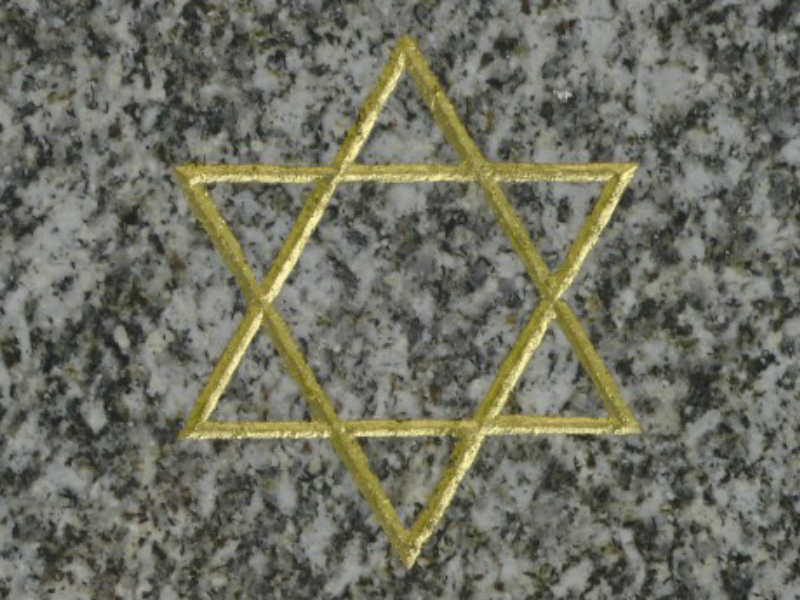Israel has helped to create a new Jew, but not a new Judaism. All the religious streams in the Jewish state come from the Diaspora and have remained relatively unchanged. It just goes to show that it’s easier to take a Jew out of the Diaspora, than the Diaspora out of a Jew.
For example, the large fur hat (shtreimel) that Hasidim wear may have been indigenous in Berdychiv, but it’s alien in Beersheba. Yet many men manifest their piety, particularly on Shabbat and the holidays, by parading in it and ignoring the scorching summer heat.
At the other end of the religious spectrum, they may have done away with the organ, which was once so common in Reform synagogues in the Diaspora, but the guitar of the American summer camps is still commonly used in Reform services in Israel.
Israeli synagogues are almost invariably replicas of what worshippers knew in Marakesh or Milwaukee. At a Reform congregation in Jerusalem that I often attend, everything is conducted in Hebrew (other than page announcements, which are ostensibly for the benefit of visitors from abroad), but the moment the service ends, we all speak English to each other.
The denominational divisions shaped by the Diaspora are also reflected in Israel’s political life. Orthodox Jews usually belong to one of four types of political parties: Hasidic, anti-Hasidic, Sephardic or Orthodox-Zionist. Mercifully, attempts by non-Orthodox rabbis to get elected based on their denominations have failed so far.
But religious life in Israel is changing. Several significant books have appeared in recent years, which point to the emergence of a distinctly Israeli form of Judaism that in time will transcend existing denominational divides.
One such book has just been translated into English: #IsraelJudaism: Portrait of a Cultural Revolution by Shmuel Rosner, a senior fellow at the Jewish People Policy Institute, and Camile Fuchs, a professor of statistics at Tel Aviv University and arguably Israel’s most influential pollster.
Though the process of the “Israelization” of Judaism will take many more decades, some trends are already evident. For example, Jewish Israelis who describe themselves as secular are often very adamant that they aren’t Orthodox, but most also say that they believe in God, observe Jewish festivals and fast on Yom Kippur. Recently, Kibbutz Megiddo, which was founded in 1949 by members of Hashomer Hatzair, a group that is nominally committed to Marxist atheism, opened a synagogue so that its members won’t have to go elsewhere to celebrate lifecycle events and other religious occasions.
The Israeli Judaism of tomorrow will include traditional religious practices, but shun halakhah (religious law). Adherents might make Kiddush on Friday night, but go shopping on Saturday morning. They may have a traditional seder, but go to the beach instead of attending services on Passover.
READ: MARMUR: NETANYAHU’S END IS NIGH
Most will ignore Tisha b’Av and other days that commemorate ancient tragedies, but they’ll observe Yom ha-Shoah because the Holocaust is deeply embedded in the consciousness of most Israelis. And Israel Independence Day may come to assume quasi-religious significance as a symbol of freedom and redemption.
Surveys indicate that some eight per cent of Jewish Israelis describe themselves as Reform and another five per cent as Conservative. However, very few of those people, who number about a million, belong to a synagogue or attend services. Most even stay away on Kol Nidrei. But they seem to feel strongly about gender equality in all matters appertaining to Judaism, including worship at the Western Wall.
Once the Israeli form of Judaism matures and renders much of the current divisions within Jewry obsolete, the political power of Orthodoxy in Israel is likely to wane. At the same time, its bonds with non-Orthodox Judaism in the Diaspora may become stronger. Given that 90 per cent of Jewish Israelis say they wish to remain Jewish, this new kind of liberal Judaism may bind most Jews who wish to espouse modernity to each other, without negating their Judaism.
